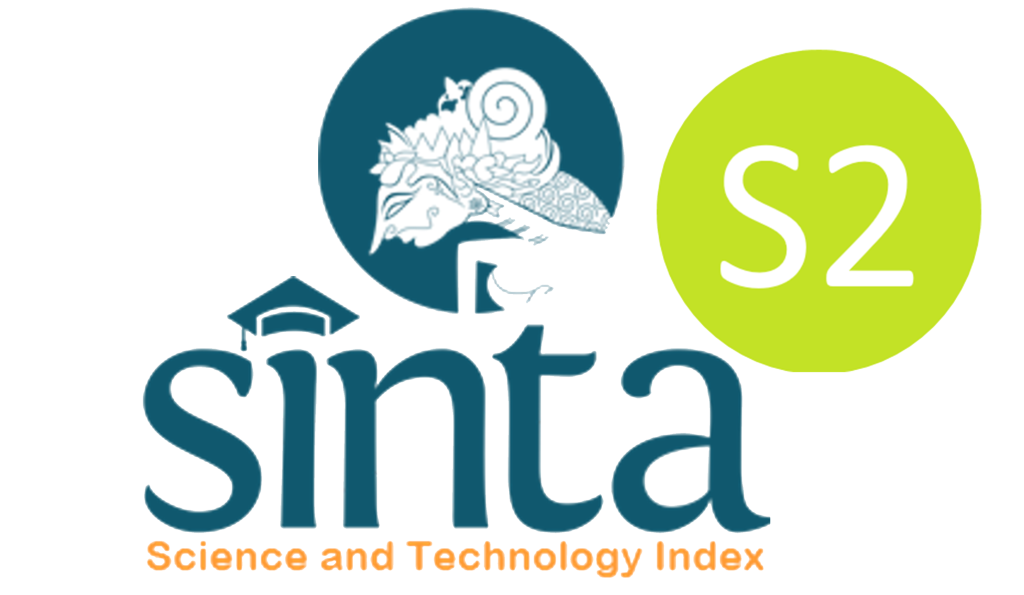ANALYSIS OF THE EFFECTIVENESS OF AI RECOMMENDATION SYSTEM IN INCREASING LEARNING INTEREST OF GRADE XII STUDENTS AT SMAS UNGGULAN AL-AZHAR MEDAN
DOI:
10.54443/ijerlas.v4i6.2204Published:
2024-11-30Downloads
Abstract
This study attempts to analyze the influence of the artificial intelligence recommendation system in enhancing students' interest in learning among twelfth graders at Al-Azhar Medan High School. The research design used in this study is quantitative, and the sampling utilized in the research is a random sampling technique, whereby 133 students were selected from the total population of 200. Data measurement was conducted through questionnaires, which measured the interest in learning before and after the use of the AI-based recommendation system. In this regard, we used a paired t-test to prove the significant difference in students' interest in learning. The test showed that our results prove that students have higher learning interest after implementation compared to before; on average, the score has changed from 3.2 to 4.3. As a result, it is expected that this research will contribute to developing educational technology in Indonesia.
Keywords:
Artificial Intellgence(AI), Educational TechnologyReferences
M. Smith and A. Johnson, “Enhancing Student Engagement Through Technology,” Journal of Educational Psychology , vol. 112, no. 2, pp. 245-260, 2020.
J. Doe, “The Role of AI in Modern Education,” International Journal of Educational Technology , vol. 17, no. 3, pp. 15-25, 2022.
K. Williams, “Adopting AI-Based Learning Tools in High Schools,” Education and Information Technologies , vol. 26, no. 4, pp. 3927-3943, 2021.
F. Brown and E. Green, “Effective Integration of Technology in Education,” Journal of Educational Technology Systems , vol. 48, no. 1, pp. 29-45, 2020.
R. Johnson, “Student-Centered Learning in the Age of AI,” International Journal of Educational Research , vol. 104, pp. 52-62, 2021.
L. Thompson, “Understanding Technology Adoption in Schools,” Journal of Educational Research , vol. 114, no. 5, pp. 522-534, 2022.
A. Clark, “The Future of AI in Education: Trends and Predictions,” Technology in Education Journal , vol. 15, no. 1, pp. 34-45, 2023.
S. Miller, “Teachers' Role in Integrating Technology into the Classroom,” Teaching and Teacher Education , vol. 104, pp. 20-30, 2020.
D. White, “Engaging Students with AI: Best Practices,” Education Technology Insights , vol. 27, no. 2, pp. 101-110, 2021.
H. Brown and J. Davis, “Motivation and Engagement in Online Learning,” Educational Technology Research and Development , vol. 68, no. 3, pp. 733-753,
R. Lee, “Teachers' Perceptions of AI in the Classroom,” Journal of Technology and Teacher Education , vol. 28, no. 1, pp. 99-110, 2022.
C. Black and T. Green, “The Impact of AI on Student Learning Outcomes,” Journal of Educational Technology , vol. 30, no. 4, pp. 401-415, 2021.
M. Brown, “Exploring Student Engagement with AI Tools,” Educational Research Review , vol. 24, pp. 50-60, 2022.
J. Green, “Integrating AI in the Classroom: Challenges and Opportunities,” International Journal of Learning Technology , vol. 16, no. 2, pp. 145-158, 2020.
S. Taylor, “The Role of Artificial Intelligence in Personalized Learning,” Computers & Education , vol. 159, pp. 104-118, 2020.
A. Nguyen, “Student Attitudes Toward AI-Powered Learning,” Journal of Learning Analytics , vol. 8, no. 3, pp. 1-15, 2021.
E. White and J. Smith, “AI in Education: What's Next?,” Journal of Future Education , vol. 12, no. 2, pp. 56-78, 2023.
F. Carter, “Using AI to Enhance Learning: Evidence from Recent Studies,” Learning, Media and Technology , vol. 46, no. 4, pp. 1-15, 2022
License
Copyright (c) 2024 Aila Azzura, Raniya Putri Andika, Aditya Pratama Silalahi, Aisyah Nur Ramadhani, Dina Tasya

This work is licensed under a Creative Commons Attribution 4.0 International License.









